UK reports 27% increase in prosecutions related to slavery
The number of modern slavery prosecutions in the United Kingdom rose by 27% in the past year, according to figures published by the Crown Prosecution Service (CPS).
The Modern Slavery Report by the CPS showed that referrals to the body from police and other agencies in 2017-18 rose by 31% to 355, the highest ever recorded.
Some 5,145 potential victims of slavery were referred to authorities last year, an increase of 35 percent on the year before, and the National Crime Agency suspects the number will continue to rise.
The CPS warned that drug gangs are exploiting “vulnerable people, often children, to move and sell drugs across the country.”
One notable case of modern slavery conviction included a drug gang that had trafficked Vietnamese women to work in nail bars and a Slovakian family who forced “desperate and destitute people” with mental health issues and learning disabilities to carry out menial work while living in grim conditions.
Moreover, members of a drug gang were prosecuted for modern slavery for the first time, after it was revealed that they had imprisoned a teenager and forced her to transport drugs for them.
The Metropolitan Police have warned that there are other countless cases of modern slaves “staffing nail bars across UK,” not just the ones highlighted by the Vietnamese gang jailed in the landmark case.
Back in May, British MPs conceded that modern slavery is not understood by the government and it has no idea whether its crackdown is working.
However, analysts have concluded that more needs to be done to tackle the crime as the number of human slavery incidents has gone up in the UK but convictions are almost the same as the previous year, and down from 2015-16.
The CPS said it was dedicated to improving its own response to forced labor and sexual exploitation.
“Modern slavery has a devastating, lasting impact on its victims. There is no place in our society for those who enslave others, whether for work, sexual or criminal exploitation or domestic servitude,” said Alison Saunders, the outgoing Director of Public Prosecutions, adding, “We are working in partnership with police and other partners from the outset to make sure we can build robust cases and deliver justice for victims.”
VIDEO | Press TV's news headlines
VIDEO | Israel's push for West Bank annexation
VIDEO | Jordanian Journalists Syndicate denounces Israeli crimes against media workers
VIDEO | Grossi visits Tehran hoping to facilitate dialogue
VIDEO | Iran commemorates 13th anniversary of missile program pioneer
Israel’s aggression inflicts $8.5 billion in economic losses on Lebanon: World Bank
Hezbollah attacks Israeli military bases in Tel Aviv, Haifa
Hezbollah strikes multiple Israeli targets in fresh retaliatory operations


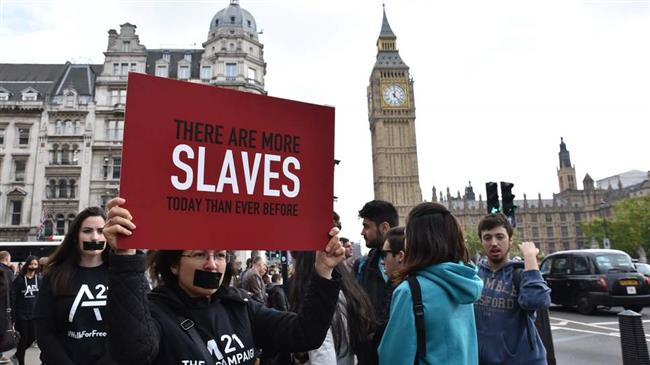

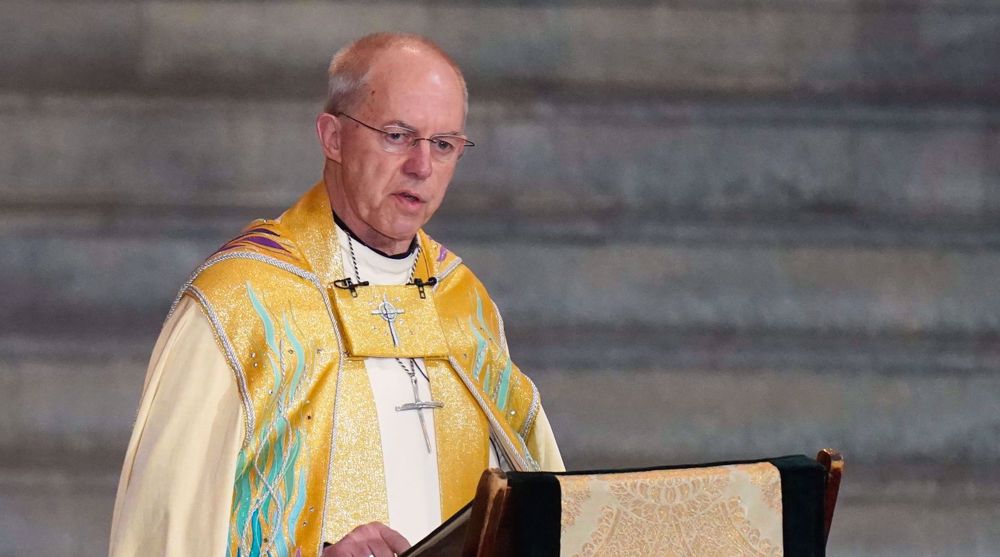
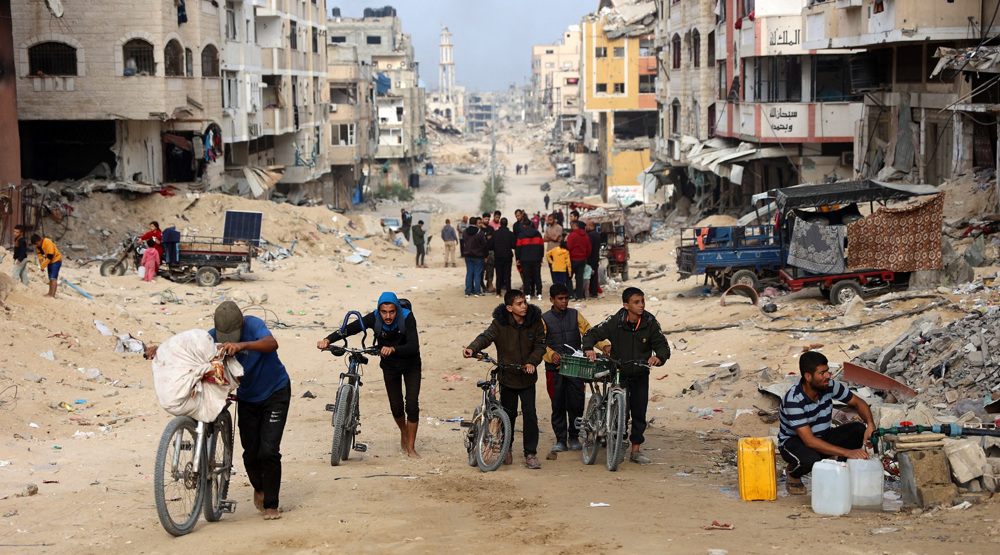
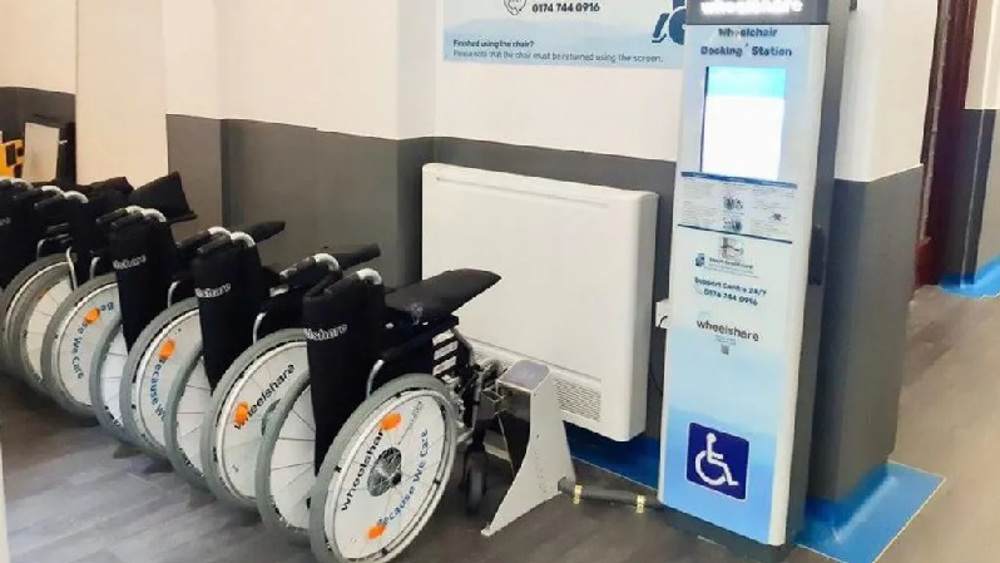



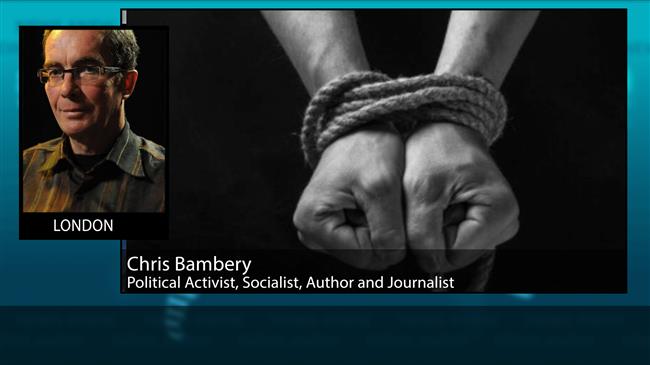
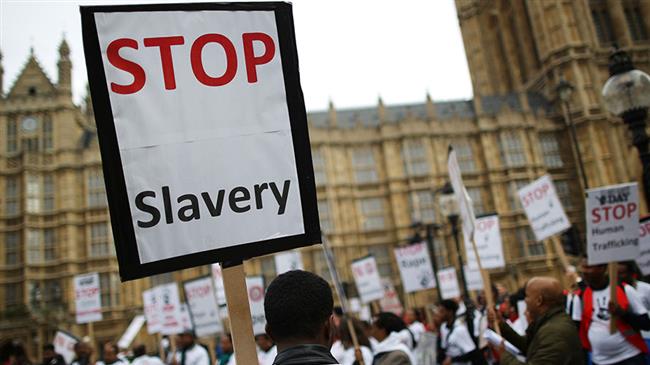


 This makes it easy to access the Press TV website
This makes it easy to access the Press TV website